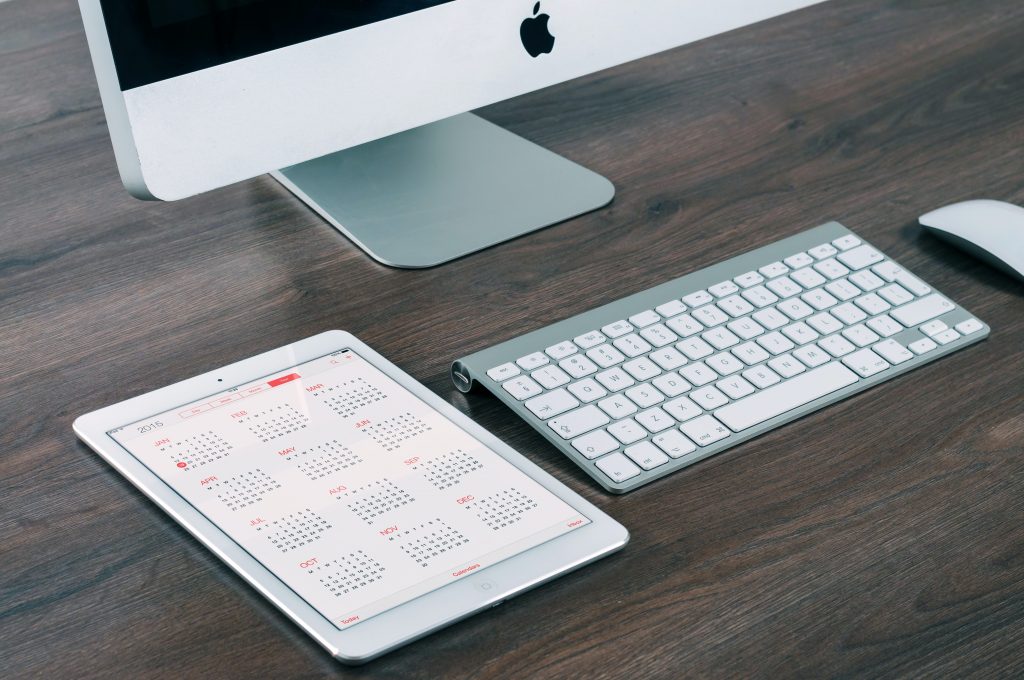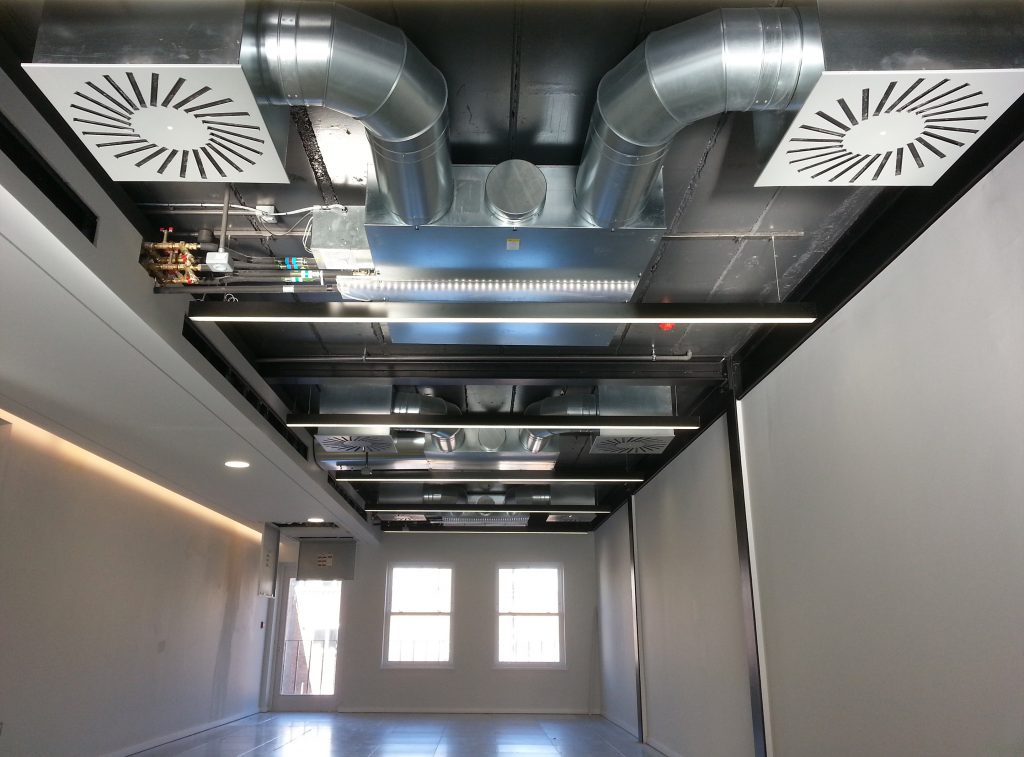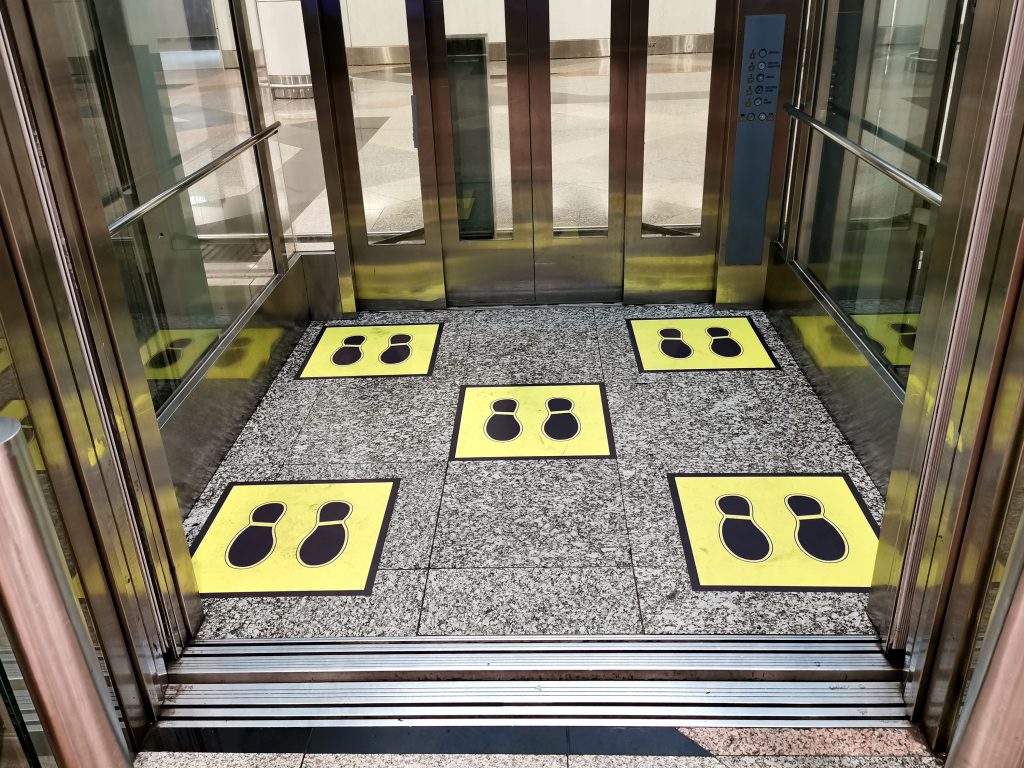Did you have a good look at your workspace before the coronavirus disease 2019 (COVID-19) forced us to telecommute? You’ll hope you did because the office we left behind won’t be the same.
Employees who reported back to office last June 1 have already noticed how the COVID-19 is reshaping the workplace. Upon entry, workers must go through strict health protocols — temperature check and hand and shoe sanitation. To avoid contagion, most meetings are still conducted virtually; all are mandated to wear face masks at all times, desks are moved meter apart, and plastic partitions are installed between workstations.
However, these are just tips of the iceberg. More changes will have to be implemented as tons are yet to be understood about the COVID-19.
Only essentials on the desk

Desks are one of the main touchpoints in every office. It is also a hotbed of bacteria, with the average desk containing 800 bacteria per square inch. To decrease the likeliness of getting COVID-19, employees will be advised to remove trinkets on desks and place essential work items only. This will help the maintenance team to easily and thoroughly disinfect surfaces.
Employees will also be encouraged to tidy up and disinfect frequently touched items on their desks at the start and end of the workday.
Contactless, automated

Anything that could become a hot point of contact among workers and hotbeds of germs and viruses— from elevator buttons, door handles to faucets, and toilet flush — would need to be upgraded with touch-less technologies.
Better air quality

While the COVID-19 is primarily spread through droplets, there have been studies implying that SARS-CoV-2 aerosol transmission might be possible. To avoid this, companies must invest in a Heating, Ventilating, and Air Conditioning (HVAC) system with high-efficiency filters and ultraviolet technology to treat circulating air and improve overall indoor air quality.
More signage and visual reminders

Employees in offices will also begin to get used to seeing and following markers or visual instructions.
Markers will be placed almost everywhere to remind employees to practice physical distancing. Reminders will also be placed on walls to teach proper hand hygiene, and sneezing and coughing etiquette. Arrows will also be placed on the floor to create a one-way foot-traffic flow to avoid jammed hallways, entryways and other areas with heavy foot traffic.
The shift in our workplace is coming earlier than expected, and the harrowing experience brought by the pandemic will continue to shape how our workplaces function.
